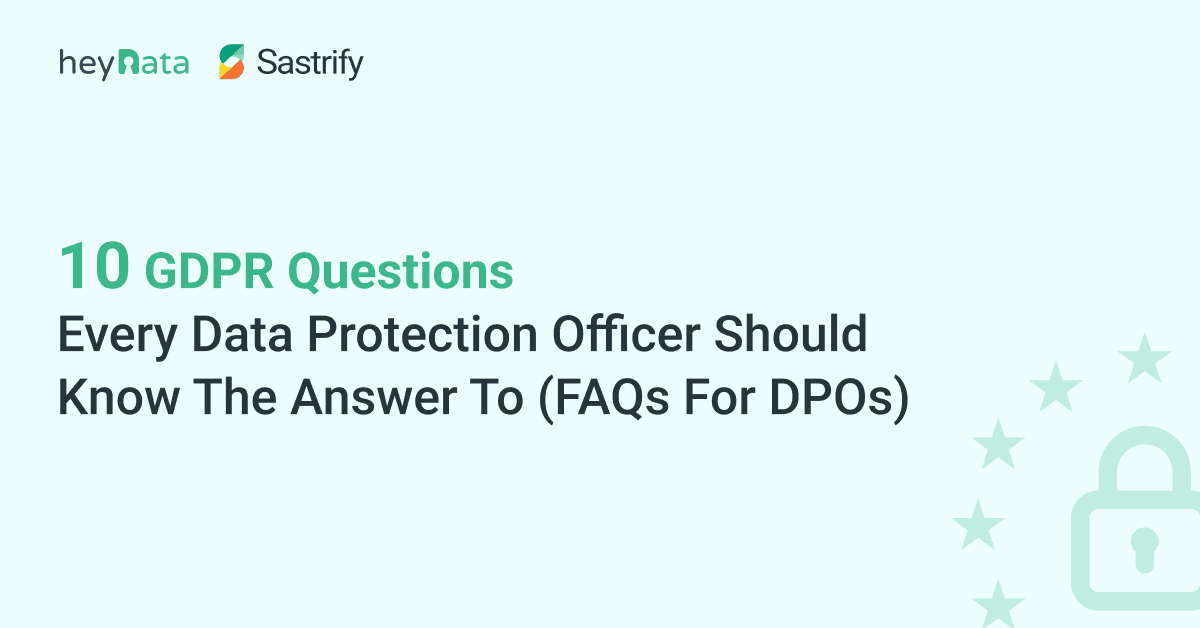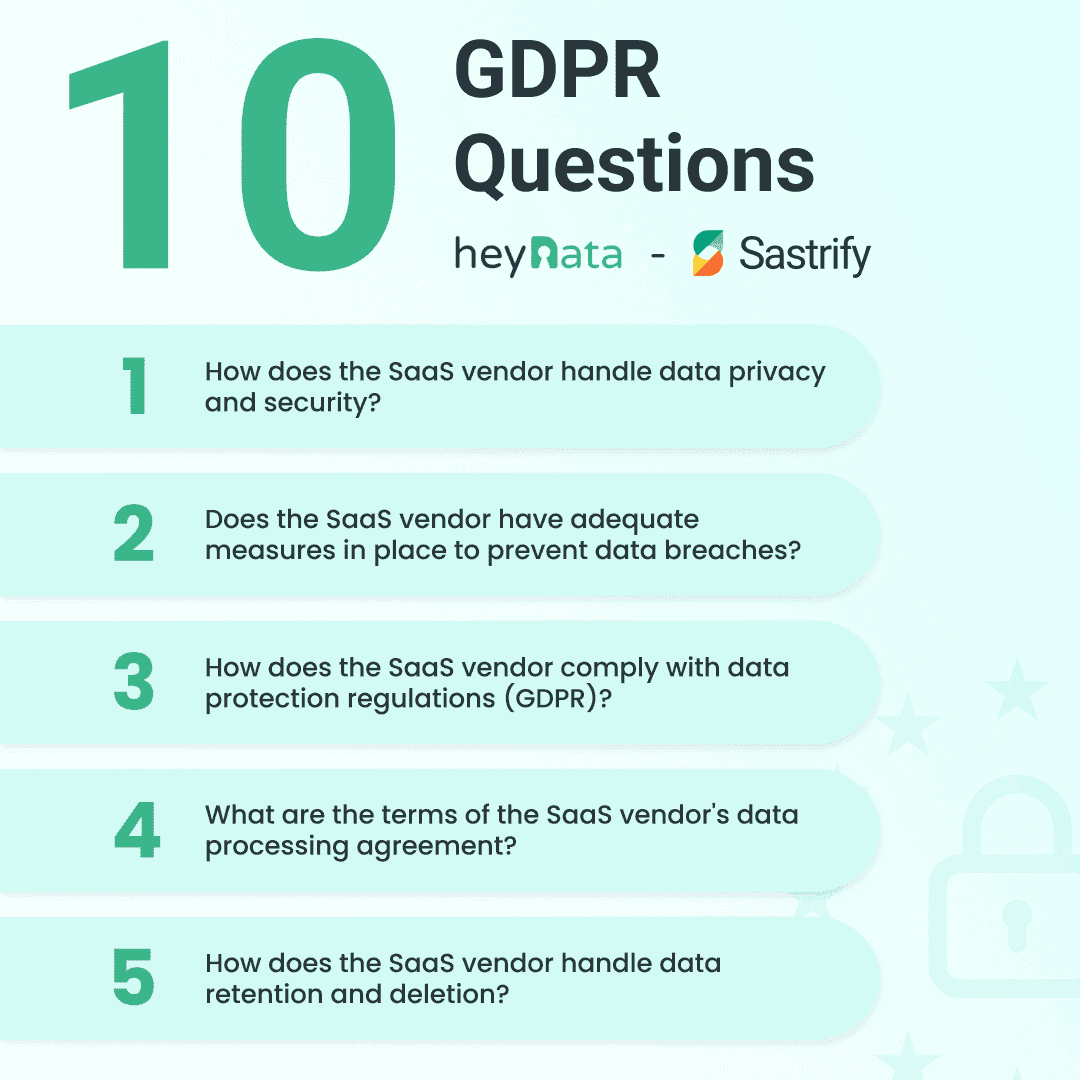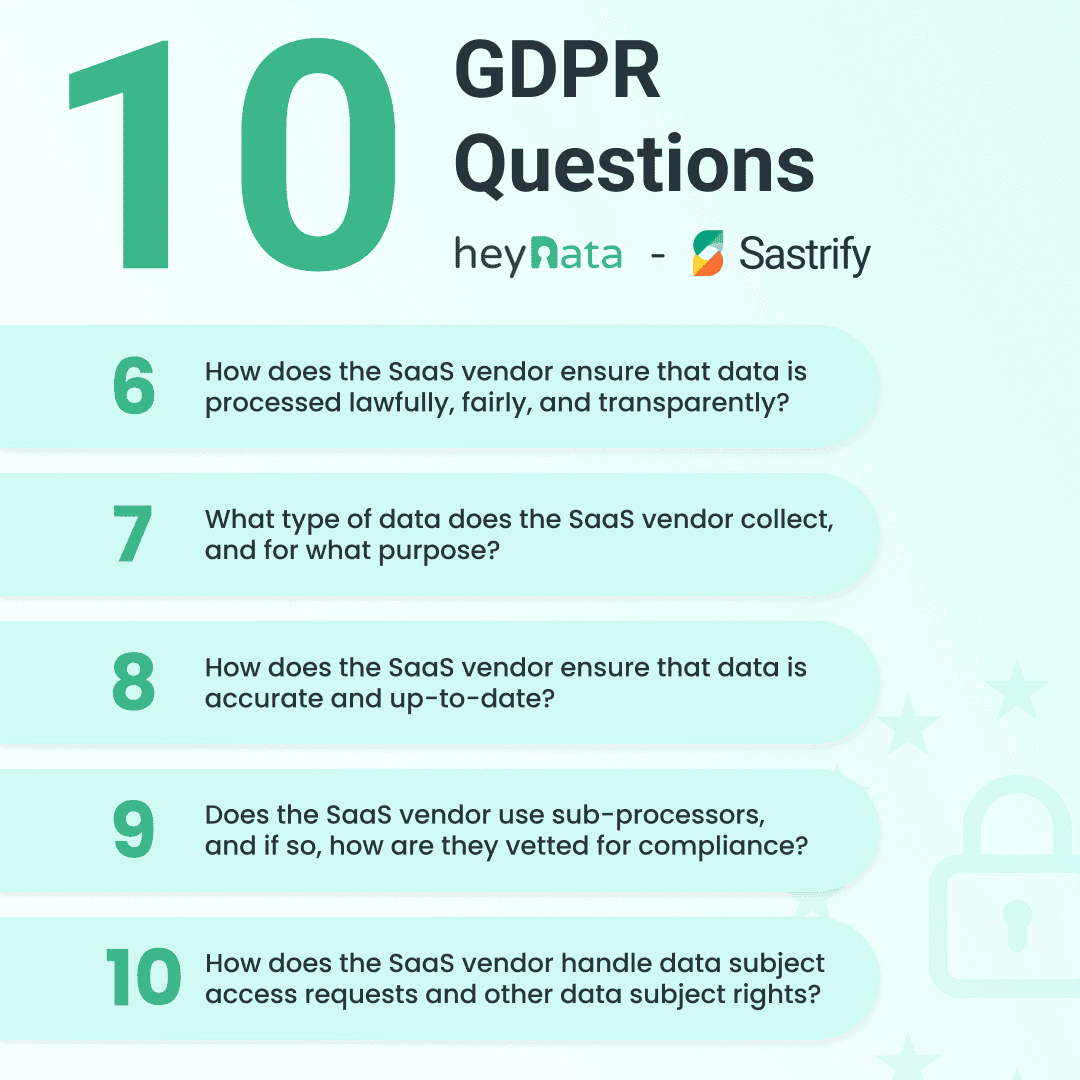
10 GDPR Questions Every Data Protection Officer Should Know The Answer To (FAQs For DPOs)

As companies handle increasing amounts of sensitive data, the role and authority of the Data Protection Officer (DPO) has become vital for ensuring compliance with privacy regulations.
Legally, DPOs are required for public entities and for private entities whose core activities includes processing that requires "regular and systematic monitoring of data subjects on a large scale” or “processing on a large scale of special categories of data,” as well as the processing of personal data for criminal offenses and convictions.
Whether you are a seasoned DPO or just starting out in the role, here's a list of 10 common questions that every DPO should be able to answer.
But first...
What exactly is the role of a Data Protection Officer (DPO)?
A Data Protection Officer (DPO) is the person responsible for overseeing an organization's data protection strategy and for taking over tasks such as monitoring the organization's data protection policies and procedures, providing advice and guidance to the organization on data protection issues, educating employees on privacy procedures and ensuring that the organization's vendors and third-party service providers also comply with relevant data protection regulations.
Overall, the DPO plays a crucial role in ensuring that an organization is compliant with data protection laws and regulations, as well as maintaining the privacy and security of individuals' personal data
1. How does the SaaS vendor handle data privacy and security?
The SaaS vendor should have implemented technical and organizational measures to ensure the security of personal data and prevention of personal data breaches.
These measures include data encryption, access controls, secure data storage, records of processing, regular security audits, and employee training on data protection.
2. Does the SaaS vendor have adequate measures in place to prevent data breaches?
The SaaS vendor should have implemented adequate measures to prevent data breaches. This includes monitoring for suspicious activity, conducting regular security audits, maintaining up-to-date security patches, and implementing strict access controls.
3. How does the SaaS vendor comply with data protection regulations (GDPR)?
The SaaS vendor should comply with GDPR by implementing appropriate technical and organizational measures to protect personal data, appointing a Data Protection Officer (DPO), conducting Data Protection Impact Assessments (DPIAs), and having a clear and transparent privacy policy.
4. What are the terms of the SaaS vendor's data processing agreement?
The data processing agreement should outline the terms and conditions under which the SaaS vendor processes personal data.
This includes details about the data being processed, the purposes of processing, the security measures in place, and the obligations of the SaaS vendor to comply with relevant data protection laws.
5. How does the SaaS vendor handle data retention and deletion?
The SaaS vendor should have a clear retention and deletion policy for personal data.
This includes retaining data only for as long as necessary, securely deleting data when it is no longer required, and providing a process for individuals to request their data to be deleted.

6. How does the SaaS vendor ensure that data is processed lawfully, fairly, and transparently?
The SaaS vendor should ensure that personal data is processed in accordance with data protection laws, that the processing is fair and transparent, and that individuals are informed about the processing of their personal data.
This includes providing a privacy policy, obtaining appropriate consent, and ensuring that data processing is necessary and proportionate.
Today, most high-growth companies rely on smart SaaS procurement technologies to help ensure the security of their customer data.
7. What type of data does the SaaS vendor collect, and for what purpose?
The SaaS vendor may collect personal data, such as name, email address, and payment information.
The purpose of collecting and processing this data should be to provide the SaaS service and to facilitate payment for the service.
8. How does the SaaS vendor ensure that data is accurate and up-to-date?
The SaaS vendor should have procedures in place to ensure that personal data is accurate and up-to-date.
This includes providing individuals with the ability to update their own data, and regularly reviewing and updating data where necessary.
9. Does the SaaS vendor use sub-processors, and if so, how are they vetted for compliance?
The SaaS vendor may use sub-processors, such as cloud storage providers.
The SaaS vendor should vet sub-processors for compliance with data protection laws and ensure that appropriate contractual protections are in place.
10. How does the SaaS vendor handle data subject access requests and other data subject rights?
The SaaS vendor should have a process in place for handling data subject access requests and other data subject rights.
This includes providing individuals with access to their personal data, allowing individuals to correct or delete their data, and providing a process for individuals to object to the processing of their data.
The SaaS vendor should respond to such requests within the required time frame and provide clear and transparent communication with the individual.
Despite this, the SaaS vendor will usually act as a data processor in terms of data protection law, so that data subject access requests may only be processed with the assistance of the customer.

This post is in collaboration with Sastrify. Founded in 2020, Sastrify helps high growth companies get the best deals when buying and renewing SaaS subscriptions. The Sastrify platform enables procurement, tech, and finance teams to work together seamlessly, benefitting from best in class buying processes, partnerships with leading SaaS vendors, and an ever-growing database of price benchmarks.


